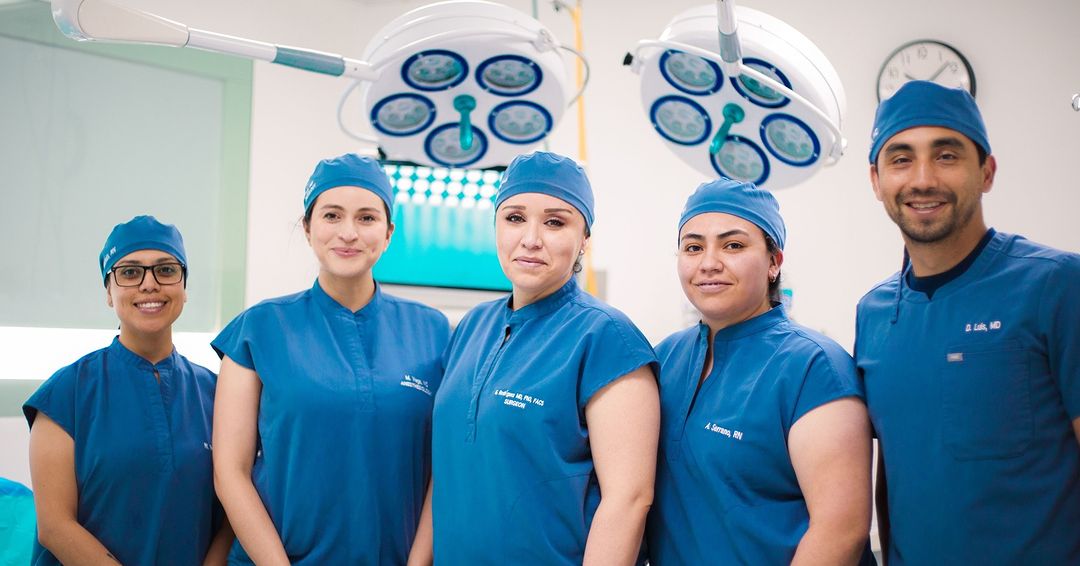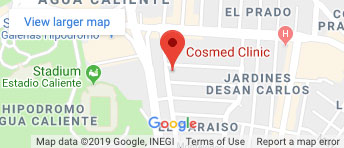How Long Does Gastric Sleeve Surgery Really Last?
Gastric sleeve surgery has gained popularity as an effective method for weight loss and improved health in people struggling with obesity. After the procedure, you’ll likely notice some pretty impressive initial weight loss, however it’s essential to understand how long these results can last.
Expected Weight Loss
Gastric sleeve surgery typically results in significant weight loss in the first 12 to 18 months after the procedure.
According to the American Society for Metabolic and Bariatric Surgery (ASMBS), patients can expect to lose approximately 60-70% of their excess body weight during this period.
However, it’s important to note that weight loss may gradually stabilize after this initial period. While the exact duration of sustained weight loss can vary from person to person, as the ASMBS states, many patients maintain a substantial portion of their weight loss in the long term.
Long-Term Success Rates
Studies have shown that gastric sleeve surgery can lead to substantial and lasting weight loss outcomes. Research indicates that five years after the procedure, patients can still expect to maintain around 50-60% of their excess weight loss. Although long-term data beyond five years is limited, the evidence suggests that the benefits of gastric sleeve surgery can persist for many years, provided patients adhere to recommended guidelines.
Dr. Gabriela Rodriguez emphasizes “The procedure of the gastric sleeve is for life. We’re going to remove 70 to 80% of the stomach and it’s forever. Your stomach, instead of being a big pouch is going to be now a small tube so you’re going to be eating a lot less than what you used to eat before.”
Factors Affecting Longevity
Several factors play a crucial role in determining how long the effects of gastric sleeve surgery can last:
- Patient’s Commitment: Sticking to post-operative dietary recommendations, regular exercise, and follow-up appointments have a significant impact on long-term success.
- Lifestyle Changes: Adopting healthier eating habits and a physically active lifestyle is essential for maintaining weight loss and overall well-being. “It’s very important that you’re aware that what you have to eat first is things that are going to nourish you and give you the nutrition that you need for your daily function.” States Dr. Rodriguez.
- Medical Follow-up: Regular check-ups with healthcare professionals help monitor progress, identify potential issues, and make necessary adjustments to ensure lasting success.
Maintenance and Lifestyle Changes:
Maintaining a healthy lifestyle is paramount in maximizing the longevity of gastric sleeve surgery results. Patients must commit to making permanent dietary changes, such as portion control, balanced nutrition, and avoiding high-calorie, low-nutrient foods. Incorporating regular physical activity into daily routines is equally important.
It’s very important to take two things into account:
Avoid drinking your calories, those are going to be your worst enemies after the surgery.
Giving priority to the protein intake.
If you take these two rules into account, you can make the effect of the gastric sleeve last very long. Your stomach, it might stretch a little bit but it can’t grow back to what it was before. Stated by Dr. Gabriela Rodriguez.
Gastric sleeve surgery offers substantial weight loss benefits, and while results can vary, many patients experience lasting success. To optimize the longevity of these outcomes, people must prioritize sticking to recommended lifestyle changes, including diet and exercise. The procedure’s effectiveness can last for many years with proper patient care and commitment to a healthier way of life. Ultimately, the longevity of gastric sleeve surgery results depends on the patient’s dedication to their health and well-being.





